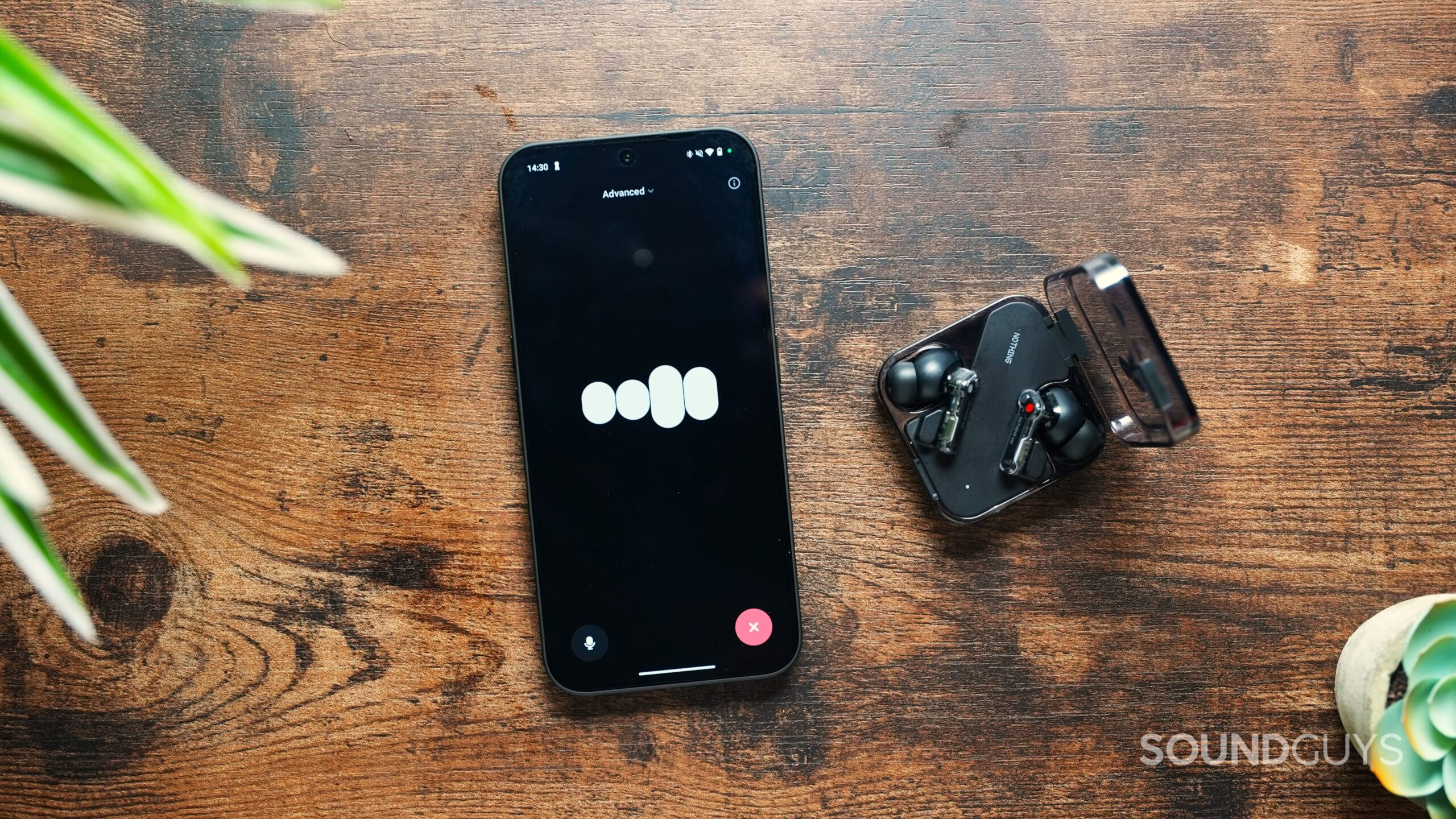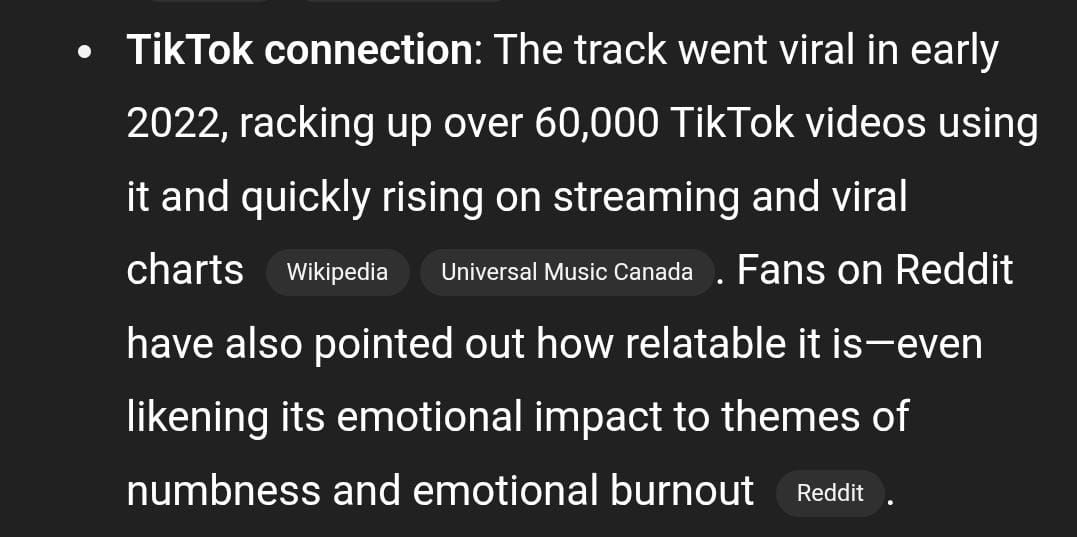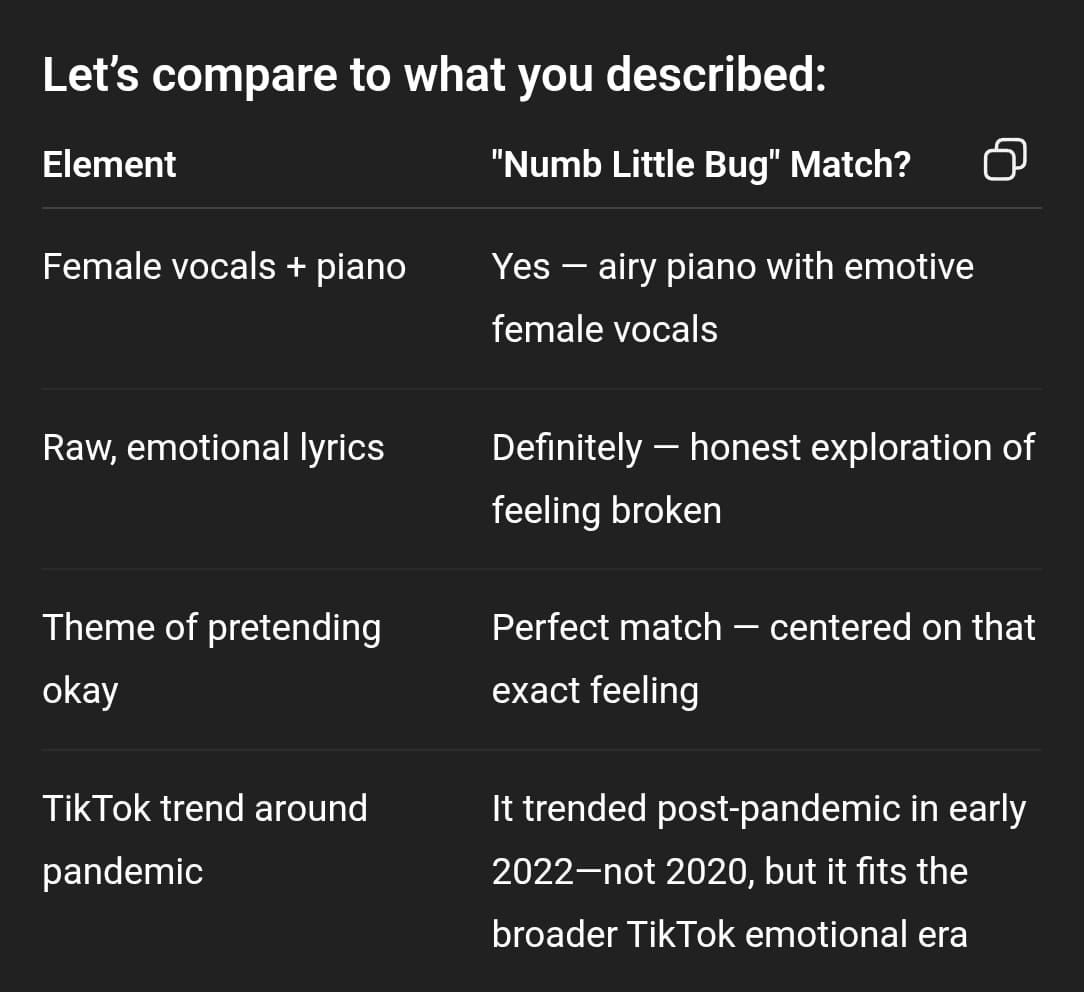All products featured are independently chosen by us. However, SoundGuys may receive a commission on orders placed through its retail links. See our ethics statement.
ChatGPT helped me identify a song when Shazam and SoundHound failed
August 22, 2025

We’ve all been there. There’s a melody stuck in your head, but you can’t quite place it, and the name is on the tip of your tongue. Usually, apps like Shazam or SoundHound come to the rescue, listening to your humming or snippets of the song and matching it to their vast databases. But recently, I had an experience where both these tools turned up squat.
My girlfriend had been wrestling with an earworm for hours. She recalled the rhythm and tone of the song’s chorus, but the lyrics were lost in the fog. We tried the obvious solutions first: humming and singing into SoundHound and attempting to recreate the melody on Shazam. Neither worked. The apps designed for this weren’t helping.
When traditional music recognition apps failed, I turned to AI.
Traditional music recognition relies on audio fingerprinting. They compare the sounds you make or in your environment to their databases. But what if they fail? What if the song is new, less popular, or the cover you can sing is too different?
So, we turned to an unexpected ally that was impressively fast at piecing together what we had to identify the song: ChatGPT.

Instead of matching audio patterns, we described what we remembered. We started with basic elements: “Female vocals with piano.” Then we got nuanced. The singer talked about feeling disconnected and pretending to be okay. We also recalled that the song was trending in early 2022, post-pandemic.
ChatGPT didn’t just process our clues. It engaged in dialogue, asking questions and connecting musical styles, themes, and timing. It synthesized our details—the “airy piano with emotive female vocals,” the theme of “pretending okay,” and the TikTok trend—into a clear identification.
What was the song? It turned out to be “Numb Little Bug” by Em Beihold. The lyrics—”Do you ever get a little bit tired of life? / Like you’re not really happy but you don’t wanna die”—matched my girlfriend’s memories perfectly.

I think ChatGPT’s success here reveals something important about how we actually remember and think about music. Songs are emotional experiences tied to moments and feelings. While Shazam and SoundHound excel at matching sound bites, they can’t grasp the rich context we associate with music.
The AI understood themes like “emotional numbness,” cultural timing (post-pandemic TikTok trends), and musical traits (piano-driven, female vocals). This holistic approach surprised me. It made me think: maybe music identification will be more conversational and contextual in the future.

Audio recognition will always matter for songs you’re actively hearing. But AI that understands how we think about and remember music offers real value.
Imagine music discovery tools combining both methods—audio fingerprinting precision with the contextual insight of AI. For example, if you’re in a crowded bar trying to identify a song, you could tell the AI to “focus on the guitar melody” while sharing what you remember about the artist. The AI could filter the noise based on your cues and process your contextual descriptions.
Have you had success using AI to identify songs?
I’m curious. Have you had success using AI chatbots to identify songs when traditional apps failed? Or do you have other creative ways to track down elusive earworms?
Share your toughest song identification stories in the comments! Sometimes, the best discoveries come from the hardest-to-find songs.
Thank you for being part of our community. Read our Comment Policy before posting.